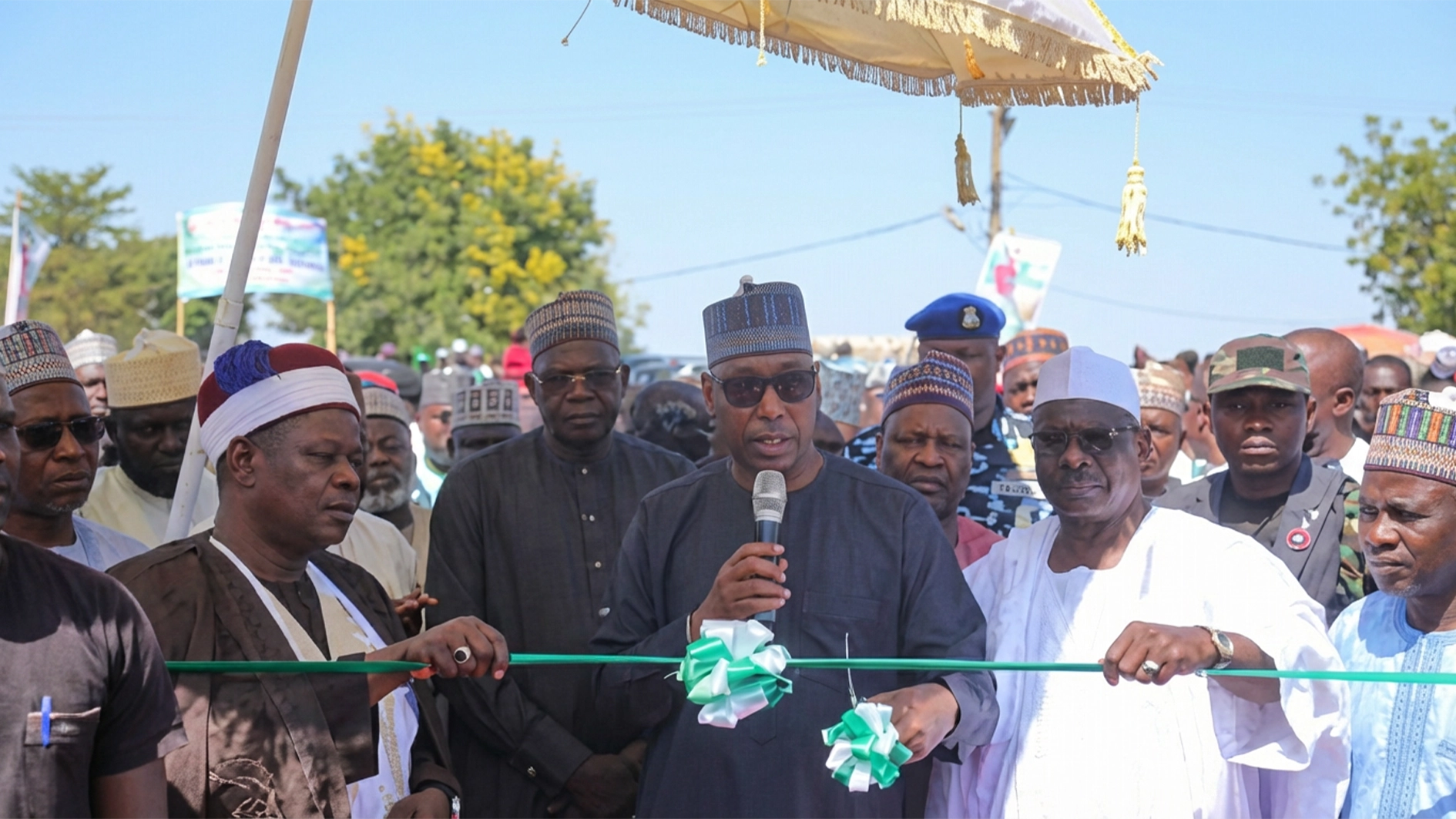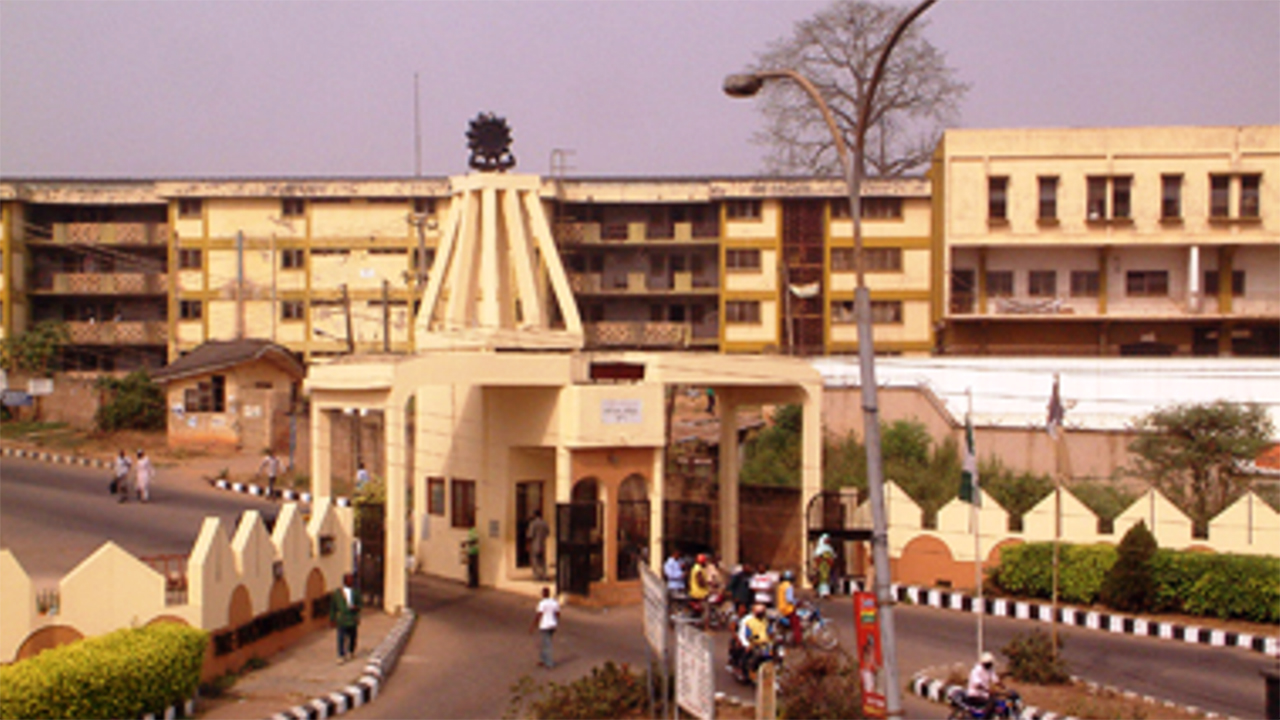The recent renaming of the University of Maiduguri in honour of the late former President Muhammadu Buhari has drawn public criticism and sparked a growing petition demanding its reversal. President Bola Tinubu announced the name change on Thursday during an expanded Federal Executive Council (FEC) meeting held in Abuja.
The decision has led to divided reactions, particularly in Borno State, where the university is located. While some residents have welcomed the move, others—including alumni, legal analysts, and civil society advocates—have raised concerns about both the symbolic and legal implications.
The Federal Government said the decision to rename the institution “Muhammadu Buhari University, Maiduguri” was in recognition of the late president’s contributions to education and national development. Minister of Education Maruf Alausa, speaking after the FEC meeting, stated, “This is to honour the memory and legacy of a leader who prioritised security and educational access, especially in the North-East.”
However, opposition to the renaming gained traction over the weekend. As of midday Saturday, an online petition titled “Preserve the Identity of the University of Maiduguri – A Respectful Appeal Against Renaming” had attracted over 8,800 signatures. The petition argues that the decision fails to reflect the views of the university’s stakeholders and disregards its longstanding identity.
The petition read in part: “With the deepest respect to the memory and legacy of the late President Muhammadu Buhari — a man whose contributions to Nigeria remain indelible — we believe that renaming the University of Maiduguri does not align with the sentiments of its core stakeholders and the enduring identity the institution has built over the decades.
“The University of Maiduguri is more than just a name. It is a powerful symbol of resilience, academic excellence, and cultural heritage, especially in the face of insecurity that once threatened the North-East region. The name “University of Maiduguri” resonates deeply with the people it serves and reflects the institution’s strategic importance in national development, peacebuilding, and intellectual advancement in Northern Nigeria.
“For over 40 years, this great institution has produced leaders, scholars, diplomats, scientists, and patriots who proudly identify as UNIMAID alumni. Its name is a source of pride not just in Nigeria but across Africa and the global academic community.”
Critics have also questioned the legal basis of the renaming. Maxwell Opara, a lawyer and public affairs commentator, said during a television appearance on Arise News: “There is an act that established the University of Maiduguri. The president cannot unilaterally change that name without engaging the National Assembly. Due process must be followed in such matters.”
This is not the first time such a decision has been met with resistance. In 2012, former President Goodluck Jonathan’s attempt to rename the University of Lagos after the late Moshood Abiola was shelved following widespread public backlash. More recently, the renaming of the University of Abuja after former military head of state Yakubu Gowon also drew protests from students and alumni. That proposal remains pending approval by the National Assembly.
In the current case, some opponents have suggested alternative institutions that could bear Buhari’s name, including the Federal University in Dutsin Ma, Katsina State—his home state—or the Nigerian Army University in Biu, Borno State.
The petition read in part, “Preserving this name is not a political position; it is a plea for continuity, emotional attachment, and the integrity of a brand that has stood the test of time and conflict. Let us honour both the legacy of former President Buhari and the soul of UNIMAID, without erasing the identity of either.”
The University of Maiduguri, established in 1975, is one of Nigeria’s major tertiary institutions, with significant influence in the academic and social development of the North-East. It has remained open throughout the insurgency period, earning it national recognition for resilience in the face of adversity.
President Tinubu has not publicly responded to the petition or the legal concerns. The National Assembly has also not yet addressed the matter. As the debate continues, observers say the outcome could set a precedent for future renaming of federal institutions in Nigeria.






